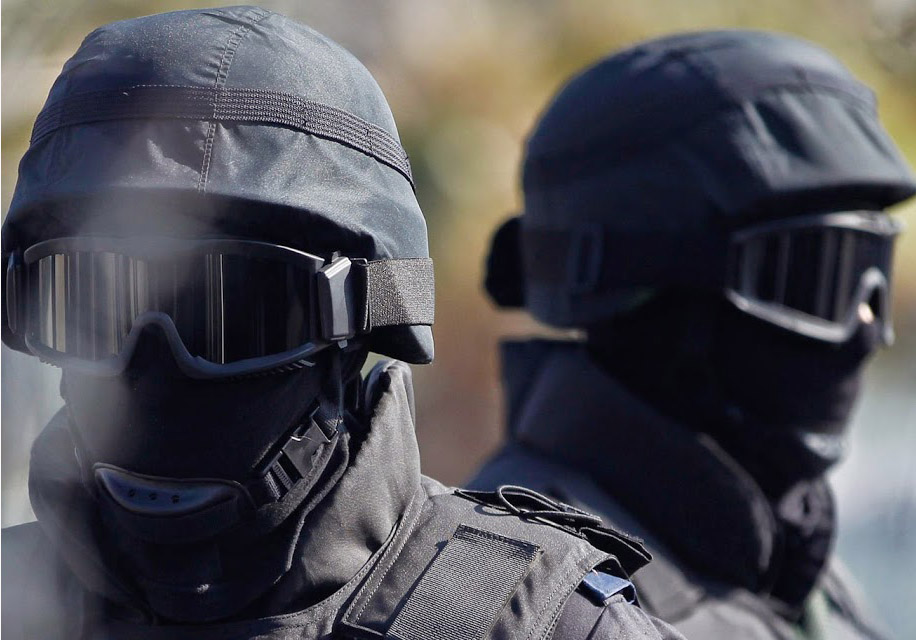In a new position paper, the ICJ calls on the Egyptian authorities to refrain from promulgating the deeply flawed draft Counter-Terrorism Law.
The draft law, which was approved by the Cabinet on 1 July and the State Council the next day, was introduced following the assassination of the Prosecutor-General, Hisham Barakat, on 29 June, and attacks by armed groups in the Sinai two days later that left dozens of soldiers dead.
“Egypt’s draft Counter-Terrorism Law would erode the rule of law and brush aside fundamental legal and human rights guarantees,” said Said Benarbia, Director of the Middle East and North African Programme at the ICJ.
“It contravenes the unanimous declaration of all states at the UN, that human rights should be the cornerstone of counter-terrorism efforts,” he added.
The draft law criminalizes an enormous range of acts using broad definitions and vague wording. Such definitions have the potential to criminalize the legitimate and peaceful exercise of rights, including the rights to freedom of expression, association and assembly, the ICJ says.
A number of these crimes are punishable with the death penalty. The ICJ opposes the death penalty in all circumstances as a violation of the right to life and the prohibition of torture and other cruel, inhuman or degrading punishment.
Furthermore, the draft grants wide powers to investigative and law enforcement officials that present severe risks of arbitrary detention and extensive infringements of the right to privacy without adequate safeguards or judicial oversight, the ICJ adds.
The draft law also grants immunity from criminal prosecution for State officials, including potentially those who unlawfully use lethal force.
A new terrorism court with expedited procedures, which fall short of international fair trial standards, is also provided for under the draft law.
The draft also grants the President sweeping discretionary powers, including the power to take any “necessary measures” when there is a “danger of a terrorist crime.”
“Egyptian authorities must drop the draft Counter-Terrorism Law and ensure that any future counter-terrorism measures are fully in line with Egypt’s obligations under international law, including the obligation to uphold the rule of law and human rights,” Benarbia said.
Contact:
Alice Goodenough, Legal Adviser of the ICJ Middle East and North Africa Programme, t: +44 7815 570 834; e: alice.goodenough(a)icj.org
Nader Diab, Associate Legal Adviser of the ICJ Middle East and North Africa Programme, t: +41 229 793 804; e: nader.diab(a)icj.org
Egypt-Counter-Terrorism Law-Advocacy-Position papers-2015-ENG (full text of position paper in PDF, English)
Egypt-Counter-Terrorism Law-News-Press releases-2015-ARA (full text of Press release in PDF, Arabic)
Latest update (17 August):
Since publication of the ICJ’s Position Paper, certain aspects of the law have been amended, in particular by replacing the proposed “terrorism courts” with the entrenchment of terrorism circuits established within the court system. However, the main points of the criticism in the Position Paper remain valid for the version of the law promulgated on 17 August 2015.

